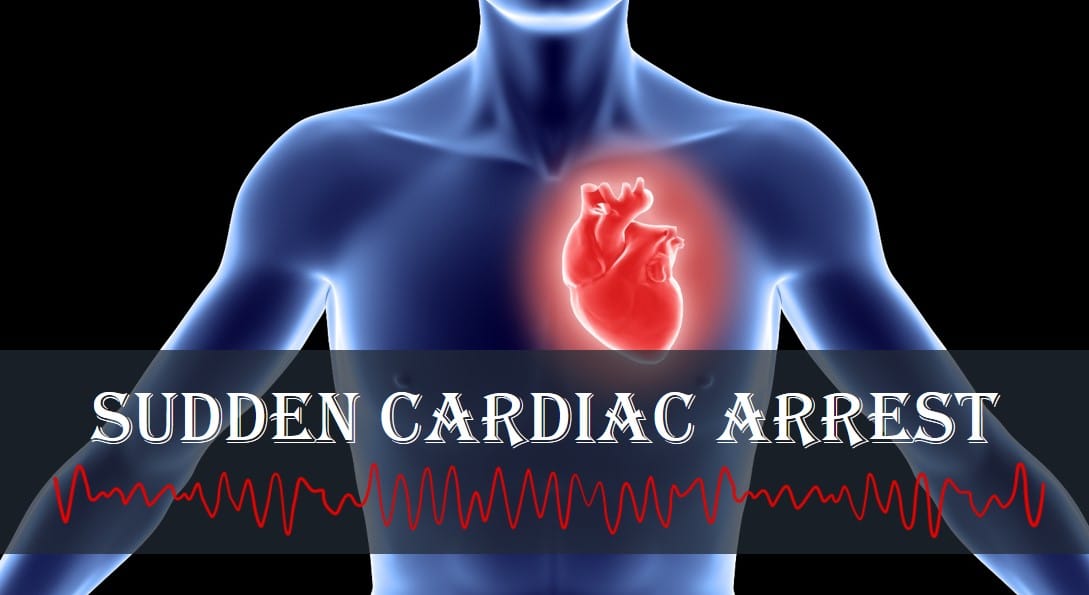Combination Therapy May Help Improve Rate of Favorable Neurological Status Following Cardiac Arrest
Among patients who experienced in-hospital cardiac arrest requiring vasopressors (drugs that increase blood pressure), use of a combination therapy during Cardiopulmonary resuscitation resulted in improved survival to hospital discharge with favorable neurological status, according to a study in the July 17 issue of JAMA.
“Neurological outcome after cardiac arrest has been the main end point of several randomized clinical trials (RCTs). Neurologically favorable survival differs from overall survival. Among cardiac arrest survivors, the prevalence of severe cerebral disability or vegetative state ranges from 25 percent to 50 percent. In a previous single-center RCT, combined vasopressin-epinephrine during Cardiopulmonary resuscitation (CPR) and corticosteroid supplementation during and after CPR vs. epinephrine [adrenaline] alone during CPR and no steroids resulted in improved overall survival to hospital discharge,” according to background information in the article. “However, this preliminary study could not reliably assess vasopressin-steroids-epinephrine (VSE) efficacy with respect to neurologically favorable survival to hospital discharge.”
Spyros D. Mentzelopoulos, M.D., Ph.D., of the University of Athens Medical School, Athens, Greece, and colleagues conducted a study to determine whether combined vasopressin-epinephrine during CPR and corticosteroid supplementation during and after CPR improved survival to hospital discharge with a favorable neurological score on the Cerebral Performance Category (CPC). The randomized, placebo-controlled trial was performed from September 2008 to October 2010 in 3 tertiary care centers in Greece and included 268 patients with cardiac arrest requiring epinephrine according to resuscitation guidelines.
Patients received either vasopressin plus epinephrine (VSE group, n = 130) or saline placebo plus epinephrine (control group, n = 138) for the first 5 CPR cycles after randomization, followed by additional epinephrine if needed. During the first CPR cycle after randomization, patients in the VSE group received methyl prednisolone and patients in the control group received saline placebo. Shock after resuscitation was treated with stress-dose hydrocortisone (VSE group, n = 76) or saline placebo (control group, n = 73). The primary outcomes for the study were return of spontaneous circulation (ROSC) for 20 minutes or longer and survival to hospital discharge with a CPC score of 1 or 2.
Patients in the VSE group had a higher probability for ROSC for 20 minutes or longer compared with patients in the control group (109/130 [83.9 percent] vs. 91/138 [65.9 percent]). Compared with patients in the control group, patients in the VSE group had a lower risk of poor outcome during follow-up and were more likely to be alive at hospital discharge with favorable neurological recovery (18/130 [13.9 percent] vs. 7/138 [5.1 percent]).
 Among survivors for 4 hours or longer, VSE patients with postresuscitation shock (n = 76) vs. corresponding controls (n = 73) had a lower risk of poor outcome during follow-up and were more likely to be alive at hospital discharge with favorable neurological recovery (16/76 [21.1 percent] vs. 6/73 [8.2 percent]).
Among survivors for 4 hours or longer, VSE patients with postresuscitation shock (n = 76) vs. corresponding controls (n = 73) had a lower risk of poor outcome during follow-up and were more likely to be alive at hospital discharge with favorable neurological recovery (16/76 [21.1 percent] vs. 6/73 [8.2 percent]).
Post-arrest illness and complications throughout hospital stay and death causes were similar among survivors for 4 hours or longer.
“In this study of patients with cardiac arrest requiring vasopressors, the combination of vasopressin and epinephrine, along with methylprednisolone during CPR and hydrocortisone in postresuscitation shock, resulted in improved survival to hospital discharge with favorable neurological status, compared with epinephrine and saline placebo. These results are consistent with increased efficacy of the VSE combination vs. epinephrine alone during CPR for in-hospital, vasopressor-requiring cardiac arrest,” the authors write.
Editor’s Note: Please see the article for additional information, including other authors, author contributions and affiliations, financial disclosures, funding and support, etc.
# # #
Source Newsroom: American Medical Association (AMA)